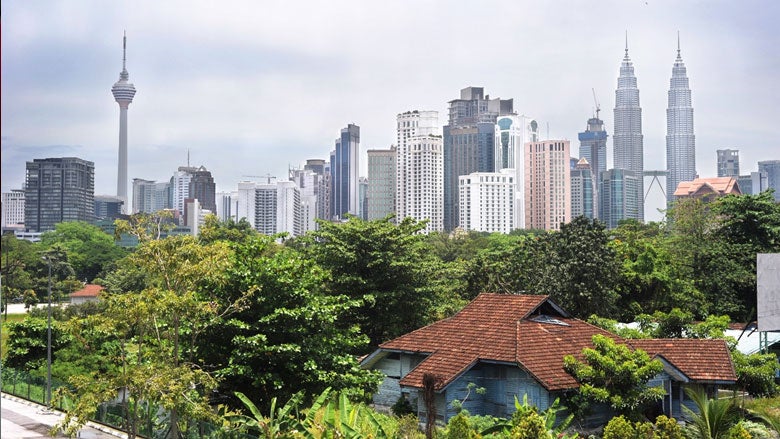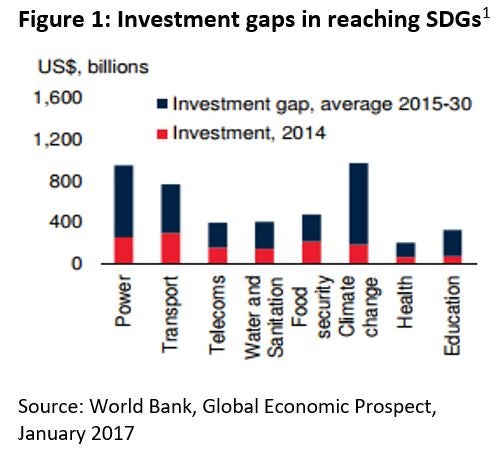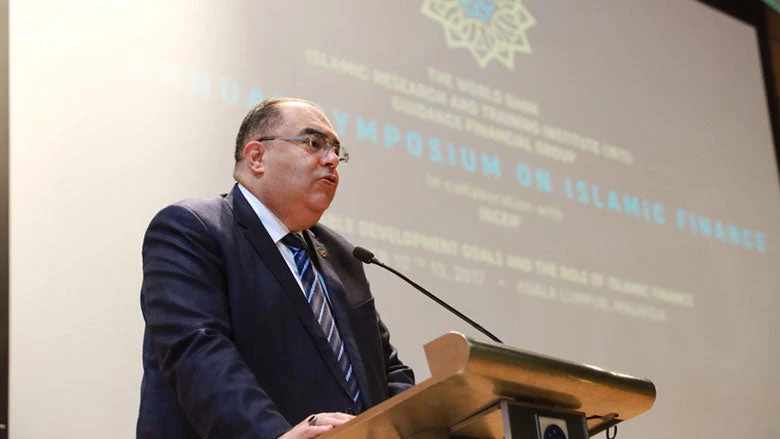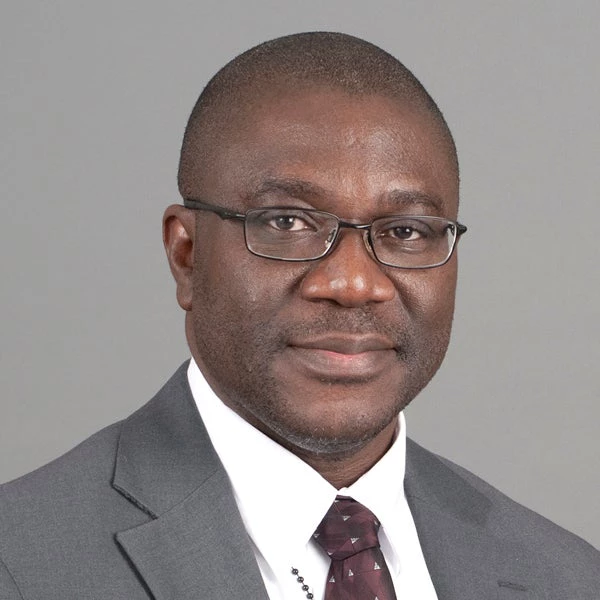
Islamic finance has the potential to play a crucial role in supporting the implementation of the Sustainable Development Goals (SDGs). In the face of significant financing needs for the SDGs, Islamic finance has untapped potential as a substantial and non-traditional source of financing for the SDGs.
The growth of Islamic finance has been rapid at 10-12% annually over the past two decades. By 2015, the industry had surpassed US$1.88 trillion in size. Islamic finance has emerged as an effective tool for financing development worldwide, including in non-Muslim countries, and may prove to be an important contributor towards realizing the SDGs.
The Third Annual Symposium on Islamic Finance was held in Kuala Lumpur in November 2017, co-organized by the World Bank Group, Islamic Development Bank, International Center for Education in Islamic Finance (INCEIF) and Guidance Financial Group to explore the potential contributions that Islamic Finance can make to achieving the SDGs.
 The goal of the Symposium was to provide a forum to bring together leading members of the academic, policymaking, private sector and development communities to discuss new developments and exchange cutting-edge ideas on the rapidly changing field of Islamic economics and finance.
The goal of the Symposium was to provide a forum to bring together leading members of the academic, policymaking, private sector and development communities to discuss new developments and exchange cutting-edge ideas on the rapidly changing field of Islamic economics and finance.
This conference was aimed at allowing participants to enhance their practical and professional understanding of this increasingly important field, and clarify the major issues that need to be bridged between conventional and Islamic economics and finance. The Symposium also discussed the roles that governments, Multilateral Development Banks (MDBs) and the private sector can play in using Islamic finance to realize the SDGs.
The goal of the Symposium was to provide a forum to bring together leading members of the academic, policymaking, private sector and development communities to discuss new developments and exchange cutting-edge ideas on the rapidly changing field of Islamic economics and finance.
This conference was aimed at allowing participants to enhance their practical and professional understanding of this increasingly important field, and clarify the major issues that need to be bridged between conventional and Islamic economics and finance. The Symposium also discussed the roles that governments, Multilateral Development Banks (MDBs) and the private sector can play in using Islamic finance to realize the SDGs.

Three main lessons emerged from the Symposium:
- Innovations in the use of Islamic financial instruments can go a long way in supporting the SDGs. Green sukuk (Islamic bond) is one such instrument, paving the way towards more climate-friendly investments. Other notable instruments include the use of Islamic endowment funds for long-term investments, leveraging Islamic Financial Technology (FinTech) and waqf (Islamic endowment funds) to provide alternative financing for micro small medium enterprises, as well as the possible use of output sharing sukuk for financing solar energy.
- Malaysia has demonstrated leadership in establishing the enabling environment for Islamic socially responsible investing (SRI) and green finance. Over the years, the country has introduced several initiatives on sustainable finance to support the green agenda. In 2014, the Securities Commission formulated Malaysia’s SRI Sukuk Framework, under which Malaysia issued its first green sukuk in 2017. Other steps to encourage the financing of sustainable and responsible investments include Bursa Malaysia’s Sustainability Reporting Framework and the environmental, social and governance (ESG) index FTSE4Good. Today, Malaysia is the largest market for sustainable investing in Asia (excluding Japan).
- In order for Islamic finance to fulfil its potential and provide effective support to the SDGs, there is a need to establish an enabling environment. At the country level, regulatory and supervisory frameworks should be strengthened, legal underpinnings of Islamic financing instruments need to be more robust, and instruments for liquidity management need to be developed. At the global level, the standardization of contracts and sharī’ah (Islamic law) rulings is critical, in addition to promoting the adoption of international standards issued by bodies such as the Islamic Financial Services Board (IFSB) and the Accounting and Auditing Organization for Islamic Financial Institutions (AAOIFI).
There is substantial potential in deploying Islamic finance instruments to promote inclusive growth, reduce inequality and accelerate poverty reduction. Therefore, the World Bank Group is working to support client countries to strengthen the legal, regulatory and institutional foundations of Islamic finance to gear it towards playing an expanded role in global development. Initiatives are also under way to foster the use of Islamic financing instruments in addressing specific developmental challenges such as infrastructure provision and financing for SMEs.




Join the Conversation